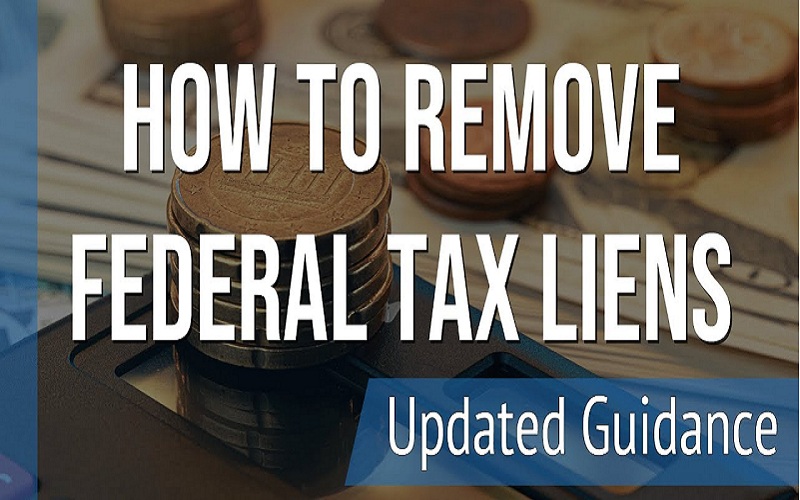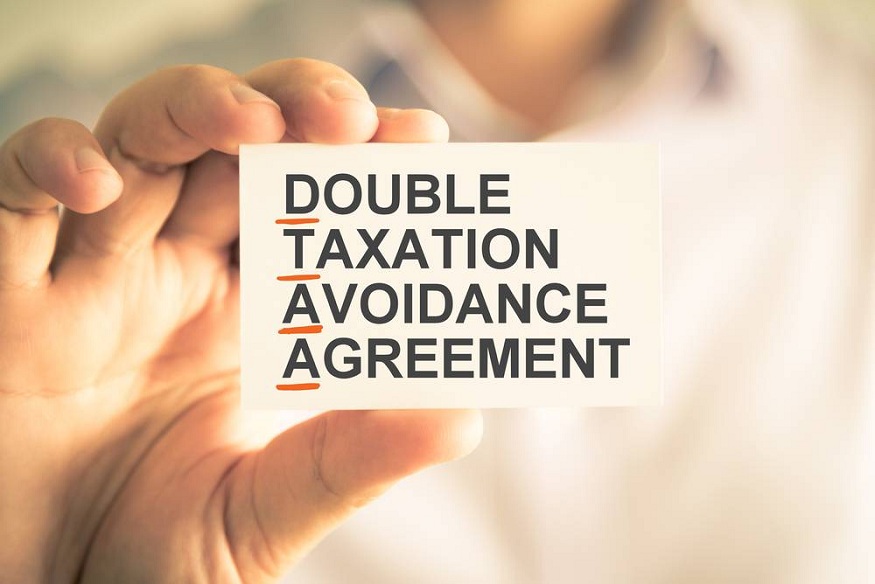Future tax policy will be significantly affected by the outcome of the next election. A comparison of party programs provides significant insight into the probable post-election picture, given the impact of tax policy on the economy and the size of the potential expirations of the Tax Cuts and Jobs Act (TCJA) of 2017. The business environment in Miami is expected to change as a result of the significant disparities between the Republican and Democratic perspectives on corporate taxes.
Below is a more thorough look at party tax policy policies as opposed to presidential candidates’ individual promises. Legislation can only be passed by Congress, even though presidential budgets and tax plans often have an impact. If you need assistance to cope with tax policy alterations, contact a Miami virtual accountant.
What can be significant changes in corporate tax policies after the 2024 elections?
The main ideas and potential effects of the Kamala Harris tax plan
The TCJA’s expiration provisions should be stretched for taxpayers earning less than USD 400,000 (USD 450,000 for multiple filers). They should be allowed to expire for more affluent taxpayers, according to Vice President Harris and most congressional Democrats. They also support putting higher taxes on rich people and big businesses to offset the expense of any TCJA extensions.
Trump’s tax policy: Will the 2025 tax legislation stay the same or change?
Republicans in Congress and former President Trump, for their part, argue that the TCJA should be fully extended. At this point, Trump has made little mention of how or even if he plans to pay to extend the TCJA’s expiring provisions. However, Congress, including some Republicans, may put pressure on him to include revenue offsets in a broader tax package if he is elected to a second term in office.
Business tax
The recommended company tax rate is where the Republican and Democratic business tax policy platforms differ the most. Democrats want the corporate rate to rise to 28%, which is still far lower than the 35% rate that existed before the TCJA, while Republicans want to keep it at the current 21% rate or even lower it. Some Democrats have favored different business revenue raisers, such as raising the corporation alternative minimum tax rate to 15%, increasing the 1% stock buyback tax rate, and limiting the deductibility of executive salaries.
Individual tax
Personal taxpayers are impacted by the majority of the TCJA’s expiring provisions.
Republicans want to fully prolong each of the different laws that are now expiring. A complete extension would come at an expensive price, though; of the $4.6 trillion estimate previously offered by the Congressional Budget Office (CBO), $3.7 trillion would come from the particular provisions of the TCJA. Finding “pay-fors” to either partially or entirely offset the costs of an extension might be challenging for Republicans.
Gift, estate, and trust taxes
The primary topic here is the estate tax exemption. In general, Democrats want to restrict the estate tax, while Republicans want to keep it at the current rate ($10 million per taxpayer, adjusted for inflation; $13.61 million for 2024) or remove it completely. However, this is a simplified perspective. An individual exemption level, spousal exemption amount, tax rate, treatment of unrecognized capital gains, and step-up basis treatment are among the several suggestions from members that each party has.
Be ready to adapt to changes in corporate tax regulations.
Corporate tax policy will be significantly affected by the results of the 2024 presidential election. For this reason, significant businesses and corporate tax experts should keep their eyes on the result of the next election and be ready to adapt to any changes in tax laws.
Whatever the outcome, it is inevitable that the incoming administration will have to make significant decisions regarding how to achieve a balance between the demands of social justice, fiscal discipline, and economic growth. Corporate tax professionals can contribute to ensuring that tax policy supports a robust and competitive economy by remaining educated and engaged.




